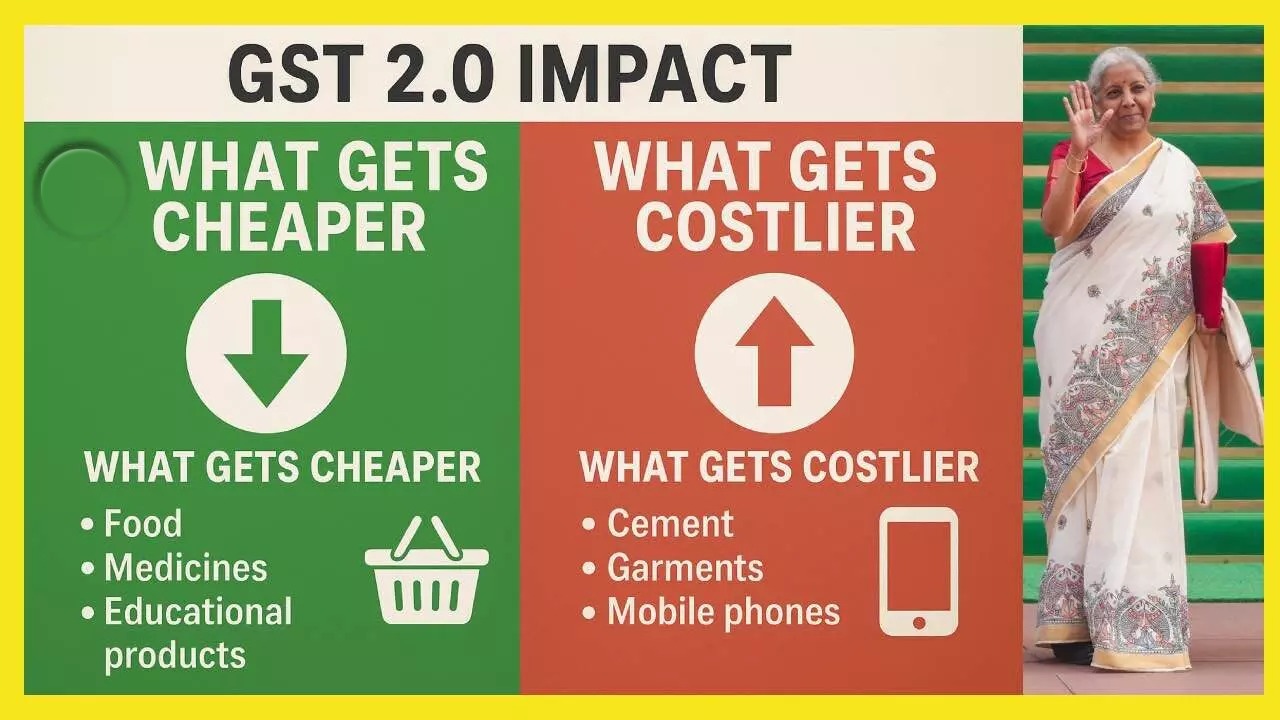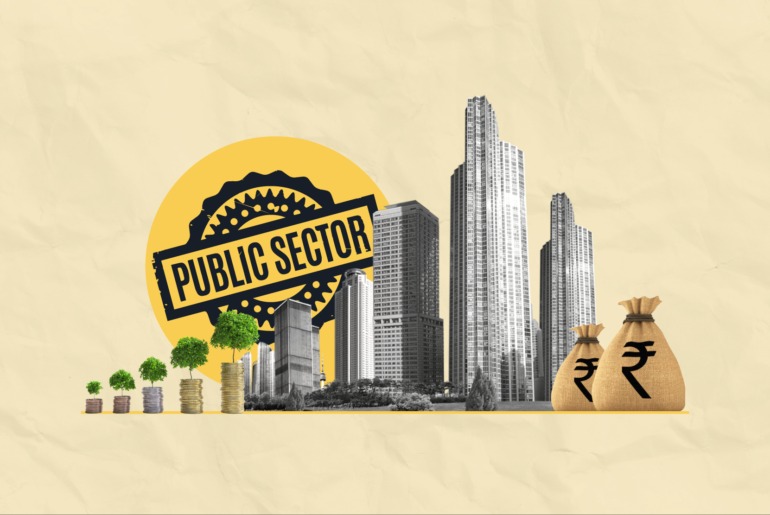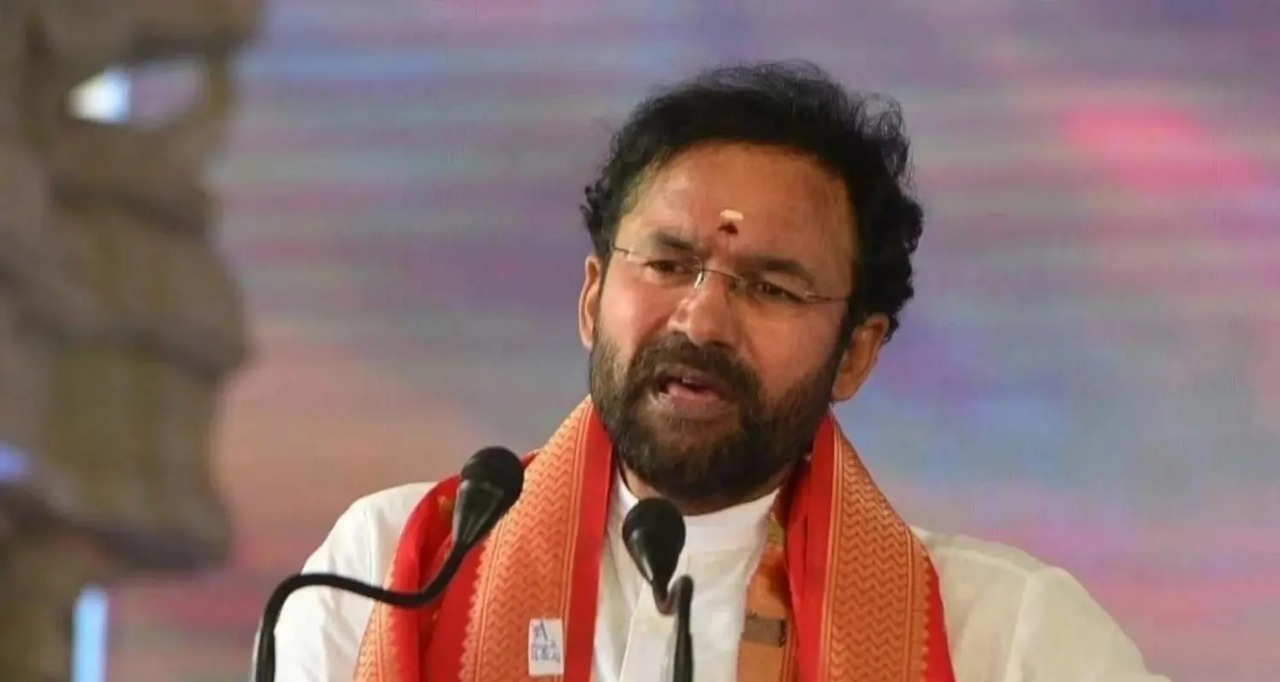
Follow WOWNEWS 24x7 on:

In a decisive step to ensure Indian consumers benefit from tax relief, the National Pharmaceutical Pricing Authority has directed all drug and medical device manufacturers to release updated price lists reflecting the reduced GST, while also allowing flexibility on relabelling requirements. This long-awaited measure follows the 56th GST Council reforms that slashed rates on a raft of essential medicines and devices, offering industry-wide clarity on compliance and consumer relief.
Key Developments And Takeaways
The GST rate on medicines and most medical devices is being reduced from 12 percent to 5 percent, with 36 vital life-saving drugs brought to a nil-tax slab from September 22, 2025
NPPA has made it mandatory for all manufacturers and marketers to issue revised or supplementary price lists, showing fresh MRPs based on new GST rates, to dealers, retailers, state drug controllers, and the government
Recalling, relabelling, or restickering of unsold stock already released before September 22 is not compulsory, if retailers comply with new MRPs by following the price lists
Pharma and medtech companies are urged to communicate the price changes widely—via electronic, print, and social media—to sensitize retailers and consumers
Legal Metrology rules for relabelling are relaxed until December 31, 2025, to help companies use up existing packaging and minimize waste
How The New GST Regime Helps Consumers
Cutting the GST rates on medicines and medical devices means patients can expect a tangible drop in the MRP, with experts estimating a reduction of around 6.25 percent on most products. Essential drugs for cancer, asthma, and other diseases, previously taxed at 12 percent, will now be available at a much lower cost. Medical disposables and items like bandages, dressings, and gauze are also included in the 5 percent bracket. Companies have been asked to pass along the tax cut “completely and transparently,” ensuring consumers feel the price relief at the pharmacy.
Industry Impact: Relief, Savings, And Compliance
The move is widely welcomed by the pharmaceutical and medical device industries, which had voiced concerns over the logistical burden of relabelling billions of products already distributed across the country. By making restickering optional if compliance is ensured at the retail level, the NPPA prevents unnecessary wastage and cost burdens, helping micro and small companies in particular. The phased transition for packaging rules acknowledges the operational reality for businesses and aims to avoid disruption of supply chains.
Clarification For Medical Devices And Retailers
Though companies can skip mandatory stickering on unsold stock, they are responsible for ensuring pharmacies and wholesalers adhere to the new, lower MRP. For medical devices, the Department of Consumer Affairs has allowed using existing packs until December 31, 2025, making the switch smoother. NPPA has also clarified that failure to ensure compliance at the retailer level could trigger enforcement action.
Transparency, Communication And Public Awareness
Manufacturers must publicize the revised price lists broadly and furnish them to all supply chain partners, in addition to State Drug Controllers and government authorities. The push involves extensive use of newspapers—including those in regional languages—and digital campaigns to both retailers and the public, making transparency and awareness central to the changeover.
Looking Ahead: Will The Benefits Reach Every Corner?
The NPPA directive is viewed as a balanced solution that benefits consumers with reduced prices while offering the pharma and device industry more practical compliance. The real impact now depends on rapid, uniform implementation at the retail level and robust awareness campaigns. If executed well, this regulatory reset could become a milestone in consumer protection and affordable healthcare access across the nation.
Sources: Economic Times Pharma, Business Standard, Moneycontrol, The Hindu Business Line, NDTV, Times of India






